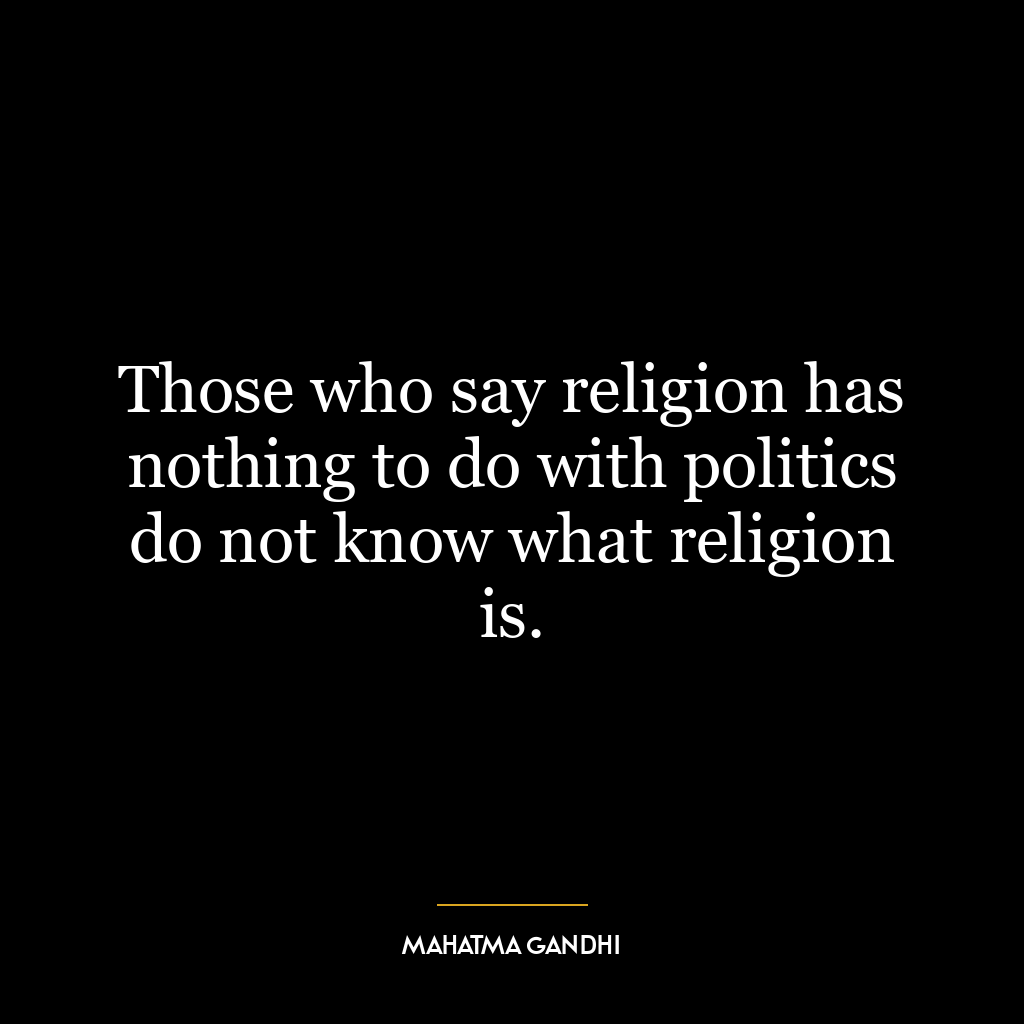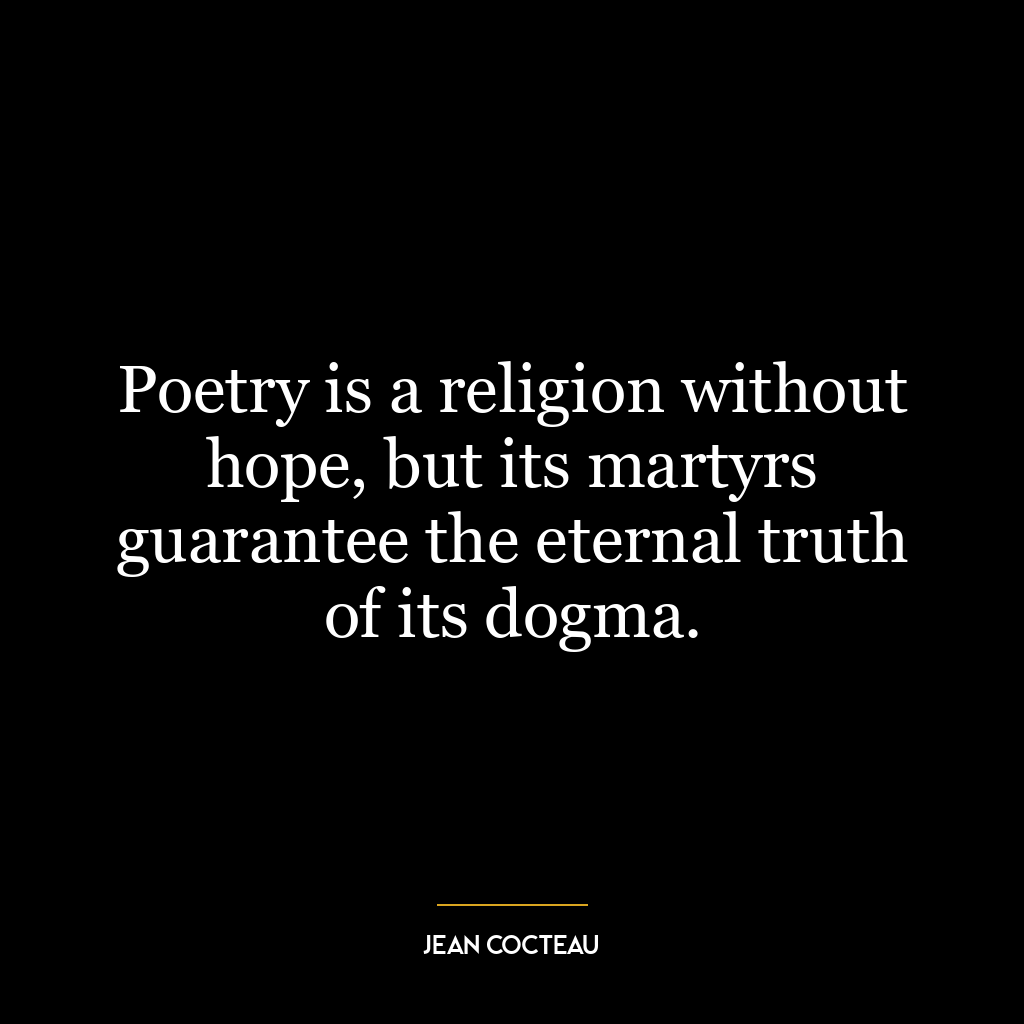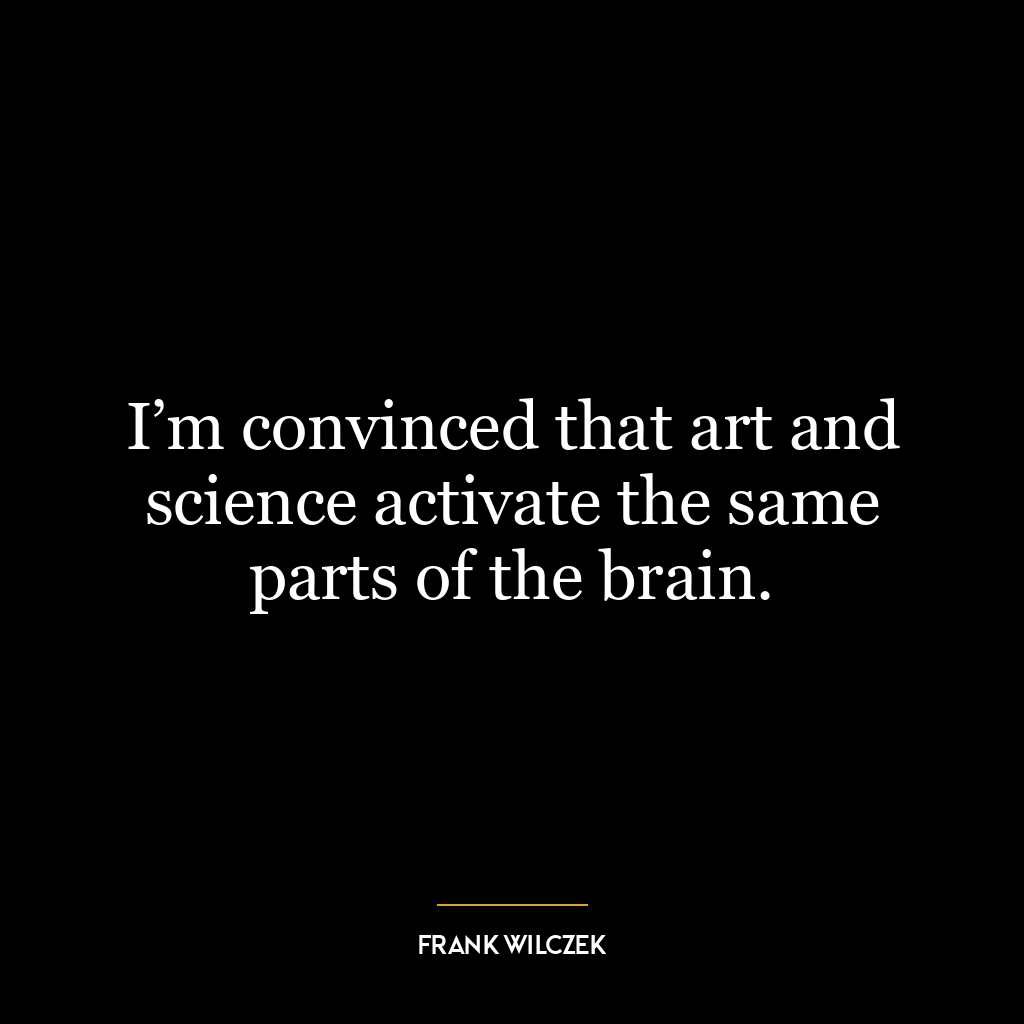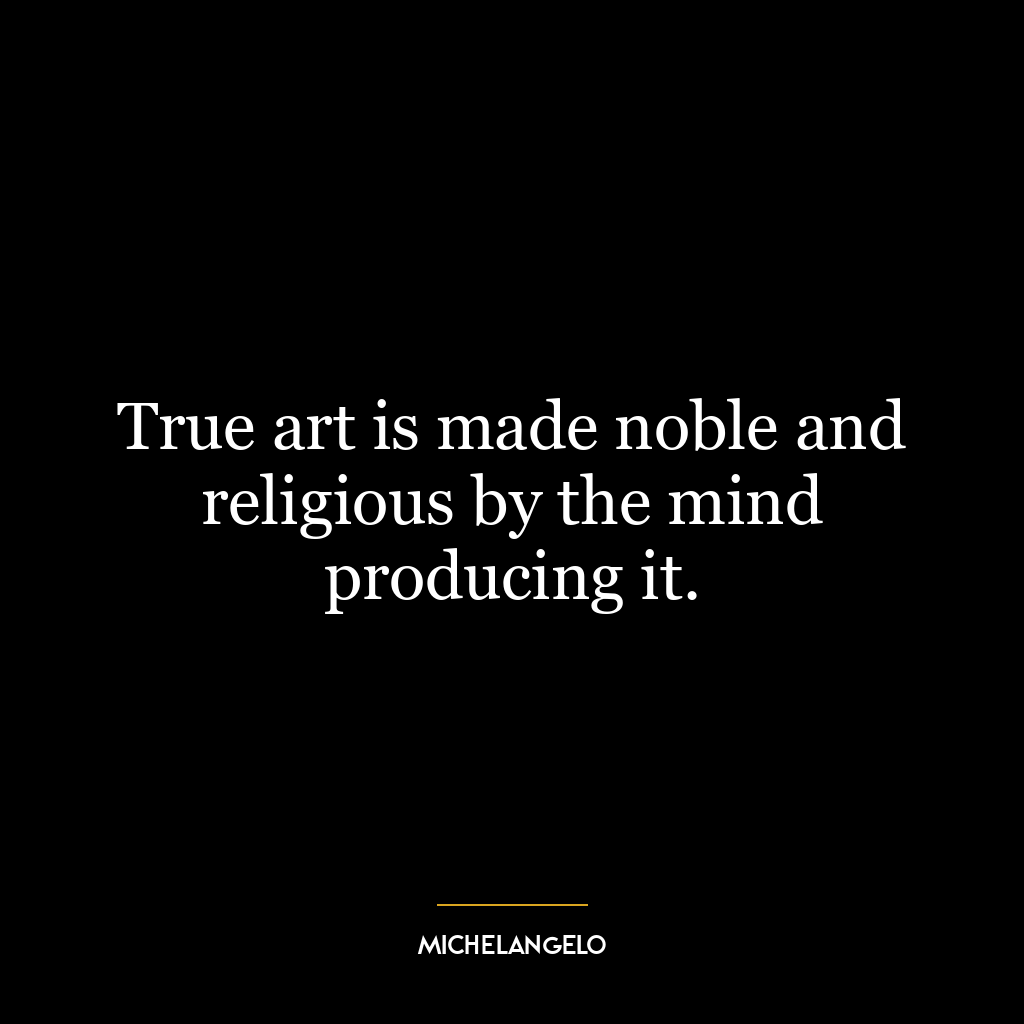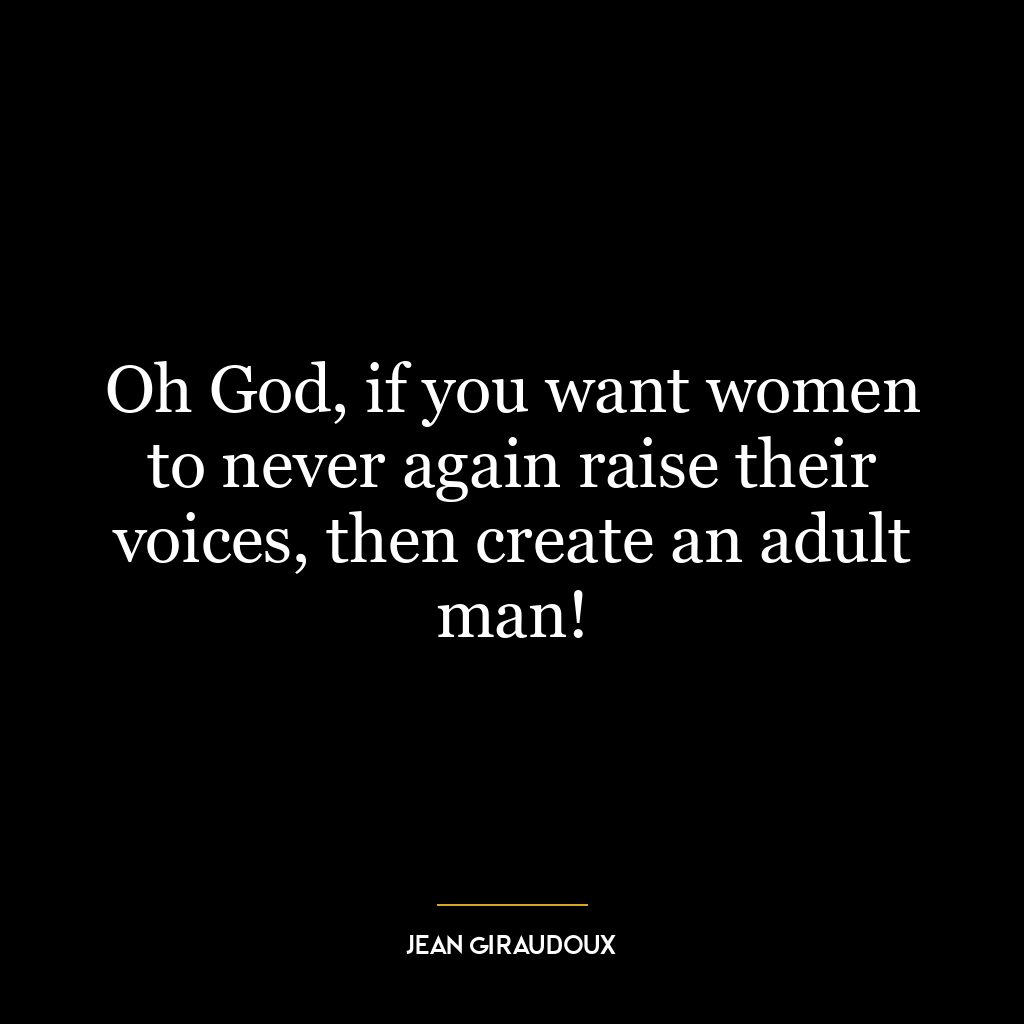Those who say religion has nothing to do with politics do not know what religion is.
This quote highlights the inherent connection between religion and politics, a relationship that is often misunderstood or overlooked. It suggests that religion, in its broadest sense, is not just about personal faith or spiritual practices. Instead, it is a comprehensive worldview that shapes one’s attitudes, values, and behaviors in all aspects of life, including politics.
Religion often influences the moral and ethical decisions of its followers, which in turn, shape their political views and actions. For instance, issues like abortion, same-sex marriage, or even climate change are often viewed through the lens of religious beliefs. Therefore, to say that religion has nothing to do with politics is to ignore the profound influence that religious beliefs can have on political attitudes and actions.
In today’s world, this idea is particularly relevant. We live in an increasingly diverse and interconnected global society where different religious beliefs often intersect with political issues. For example, debates on immigration policies, human rights, and social justice are often influenced by religious beliefs. Therefore, understanding the role of religion in politics can lead to more informed, empathetic, and constructive political discussions.
On a personal level, recognizing the influence of religion on politics can help individuals understand their own beliefs and biases better. It can prompt introspection about how one’s religious beliefs may be shaping their political views, and whether these views are truly aligned with their personal values and principles. This awareness can lead to personal growth, more informed political engagement, and a more nuanced understanding of the world.
In conclusion, the quote underscores the importance of recognizing and understanding the complex interplay between religion and politics, both in society and within oneself. It challenges the notion that religion and politics are separate spheres, and instead, presents them as deeply intertwined aspects of human life.

